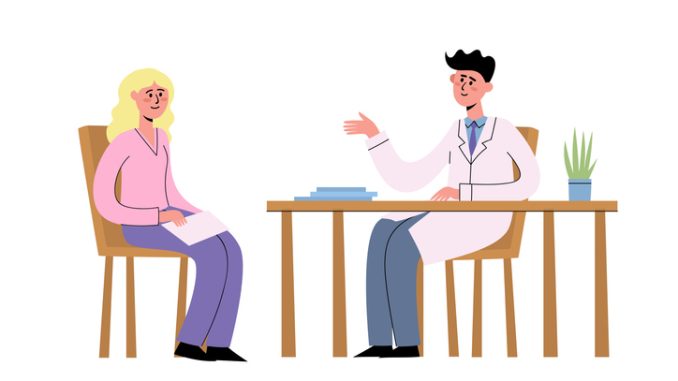As reported by GP Online, a recent study suggests that prioritising continuity of care in general practice could lead to a significant reduction in patient consultations, potentially saving millions of appointments annually
The research, published in the journal Management Science, found that if continuity of care was standard in all practices it would lead to a 5% reduction in patient consultations, saving millions of appointments each year.
Most recent NHS data show that general practice in England delivered a staggering 356m appointments in 2023 – more than 1.4m for every working day.
Previous research has demonstrated the clinical benefits of continuity, but this latest study looked specifically at whether consultations with a patient’s regular doctor were more productive than if they happened with a different GP.
Researchers from the University of Cambridge and INSEAD Business School analysed data from more than 10m consultations in 381 English GP practices over 11 years. They looked specifically at data relating to patients who had consulted at least three times over a two-year period.
Continuity of care
The study found that when people were able to see their regular doctor they waited on average 18% longer between visits compared with patients who saw a different doctor. There was no difference in the length of consultations depending on which doctor the patient saw.
The researchers estimated that if all practices in England provided the level of care continuity of the best 10% of practices, it would translate to an estimated 5% reduction in consultations.
The study also found that the productivity benefit of continuity of care was larger for older patients, those with multiple chronic conditions, and individuals with mental health conditions.
It said the findings suggested that continuity of care could ‘save primary care resources by making primary care physicians more productive’.
The study said: ‘A physician can be considered more productive if they improve the quality of care provided without reducing the number of patients they serve per year or if they serve more patients without reducing quality of care.
‘In primary care, where patients often have a preferred doctor, these two dimensions are related. If physicians provide high-quality care to their regular patients, they are likely to keep them healthier, which reduces the demand for consultations and increases their capacity to serve more patients.’
Patient consultations
The researchers said around half of all GP appointments are with a patient’s regular doctor, but that this number has been declining over the past decade as practices deal with soaring levels of work.
The BMA and RCGP both support a shift in the GP contract to help prioritise and incentivise continuity of care, which they both say would help improve patient care and job satisfaction for GPs.
A recent report by the Health Services Safety Investigations Body (HSSIB) found that making continuity of care an ‘essential requirement’ for practices could improve patient safety and ease pressure on GPs.
Professor Stefan Scholtes from Cambridge Judge Business School, co-author of this latest study, said the impact of the results was ‘substantial’.
‘It could be the equivalent of increasing the GP workforce by 5%, which would significantly benefit both patients and the NHS,’ he said. ‘Better health translates into less demand for future consultations. Prioritising continuity of care is crucial in enhancing productivity.’
Lead author Dr Harshita Kajaria-Montag, who is now based at the Kelley School of Business at Indiana University, said: ‘You can measure the productivity of GP surgeries in two ways: how many patients can you see in a day, or how much health can you provide in a day for those patients.
‘The benefits of continuity of care are obvious from a relationship point of view. If you’re a patient with complex health needs, you don’t want to have to explain your whole health history at every appointment. If you have a regular doctor who’s familiar with your history, it’s a far more efficient use of time, for doctor and patient.’




Be the first to comment